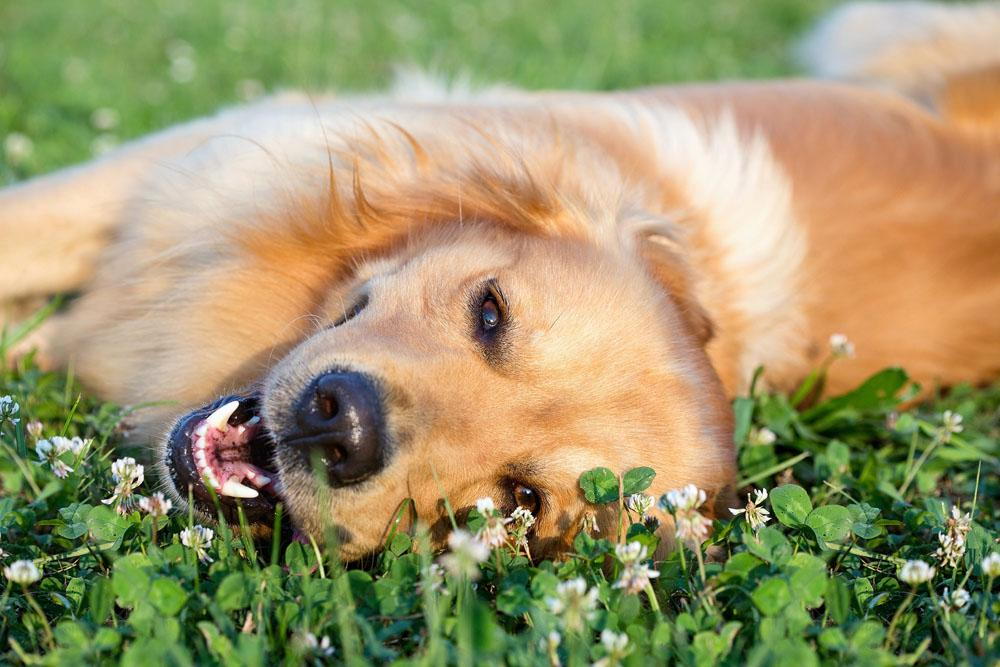Prevent Your Pet from Overheating

- posted: Sep. 20, 2018
Prevent Your Pet from Overheating In Bloomington, IL With Fairway Knolls Veterinary Hospital
The warm weather is the perfect time to get outside and enjoy the outdoors with your pet. With the extreme temperatures in the summer, it’s also important to be mindful of the possibility of heat stroke with your cat or dog. If you have any questions or concerns about heat stroke or need to see a veterinarian, contact the Fairway Knolls Veterinary Hospital in Bloomington for an appointment.
What is Heat Stroke?
Heat stroke is a serious and sometimes deadly illness where your pet is unable to cool off when exposed to high temperatures. Dogs eliminate heat by panting. There are also sweat glands in the footpads that can help with heat dissipation. When panting isn’t enough to overcome the heat, a dog’s temperature starts to rise. If this is not corrected quickly, heat stroke occurs.
Signs and Symptoms of Heat Stroke
Pets overheat quickly in the summertime, so it’s important to learn the signs and symptoms of heat stroke.
- Excessive panting and drooling
- Weakness
- Increased heart rate
- Difficulty breathing
- Bloody diarrhea
- Vomiting
- Seizures
- Stupor or collapsing
How to Prevent Heat Exhaustion
Some of the most common pet tips to prevent heat exhaustion include:
Never leave your pet unattended in a parked vehicle.
Avoid walks or runs during the hottest time of the day.
Keep your pet in an air-conditioned room in the afternoon.
Provide fresh water at all times.
Help your pet find a cool shade if he must be outside in the heat.
If Your Pet Is Overheated In Bloomington, IL, Contact Fairway Knolls Veterinary Hospital Immediately!
If you live in the Bloomington area and are concerned about your pet overheating, contact your veterinarian at the Fairway Knolls Veterinary Hospital at (309) 663-1414 to schedule an appointment or for answers to your questions and pet tips to keep your furry friend cool year round. If you notice any signs and symptoms, it's important to contact your veterinarian immediately.
Location
Find us on the map
Fairway Knolls Veterinary Hospital
612 IAA Dr
Bloomington, IL 61701
